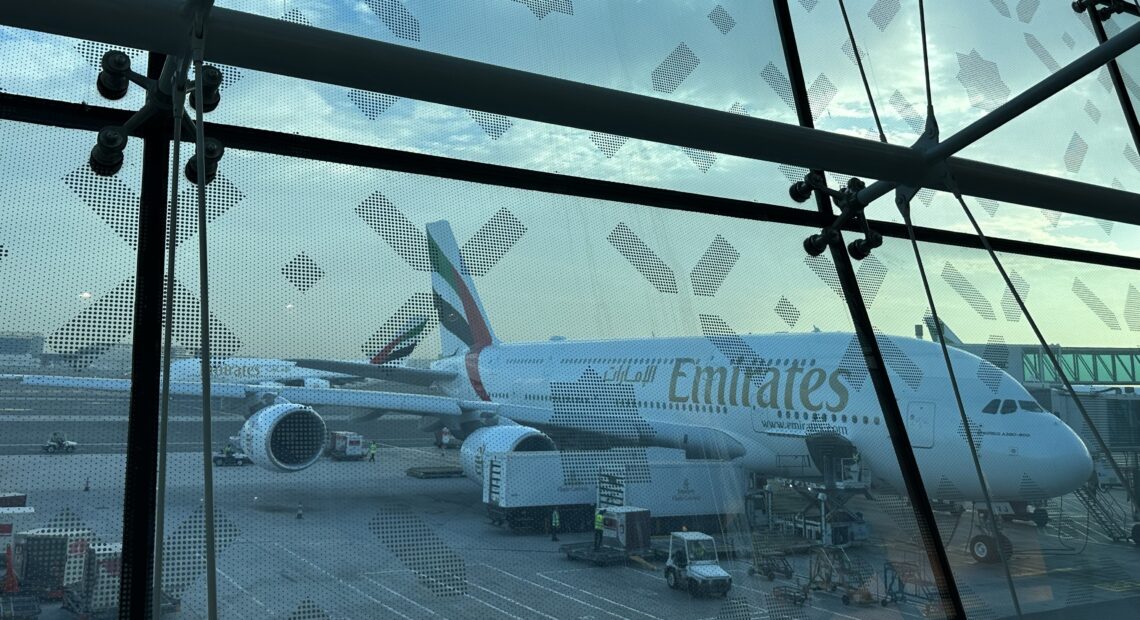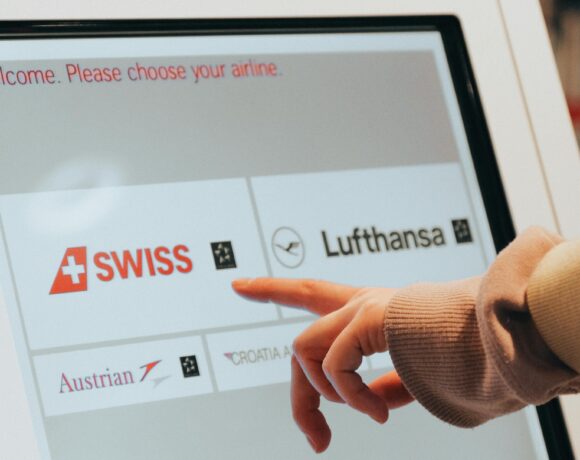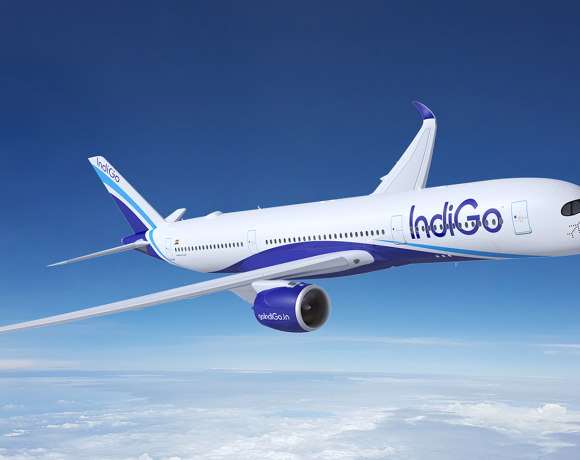IATA urges overhaul of slot regulations

Amid global airport capacity crisis
The International Air Transport Association (IATA) has warned that a growing airport capacity crisis threatens freedom of travel and global economies. The association’s latest report, published in a white paper, calls for urgent changes to airport slot regulations to incentivise airports to maximise capacity from existing infrastructure.
According to IATA, nearly 400 airports worldwide require slot coordination using the IATA Worldwide Airport Slot Guidelines to manage air traffic. This number is expected to increase by 25% over the next decade, highlighting the mounting pressure on airport infrastructures.
The situation is particularly dire in Europe. The Airports Council International (ACI) Europe has warned that by 2050, airport infrastructure in the region could fail to meet up to 12% of air travel demand.
As large-scale developments, particularly new runways, face political obstacles, Europe’s competitiveness could suffer further. The Draghi report has highlighted that Europe’s aviation sector is underperforming, underscoring the urgent need to optimise airport capacity.
Nick Careen, IATA’s Senior Vice President for Operations, Safety, and Security, stressed that the only proper solution to the crisis is the construction of new infrastructure. However, given the political challenges in building new runways or terminals, he argued that the focus must shift to “squeezing every last unit of capacity” from existing facilities.
He pointed out that while some airports adhere to the guidelines for maximising capacity, many fail to follow these best practices, exacerbating the problem.
The IATA white paper advocates for more substantial obligations on airports to maximise their capacity. Airlines face penalties if they fail to efficiently use their slots, such as through cancellations or delayed flights. However, airports are not penalised if they do not deliver the promised capacity, leaving a significant gap in accountability.
IATA is calling for several reforms to address this imbalance. These include requiring airports to regularly review and update their capacity declarations and ensure transparency and accountability in their capacity forecasts. Furthermore, airports should be required to meet global best practices in capacity management and face consequences if they fail to deliver on their declared capacity.
“The current airport slot regulations have helped create a global air transport network that delivers increasing connectivity, greater consumer choice, and lower fares,” Careen stated.
“To maintain and expand these benefits, we need stronger regulations that hold airports accountable for delivering capacity efficiently. This will improve services for passengers and enhance the accessibility of air travel worldwide.”
The IATA’s proposed changes aim to close the gap between the best-performing and the more inefficient airports, ensuring that air travel remains accessible and economically beneficial for the global community.
By holding airports to the same performance standards as airlines, IATA believes that the aviation sector can better meet the growing demand for air travel in the coming decades.
Hero image: The IATA’s proposed changes aim to close the gap between the best-performing and the more inefficient airports. Credit: Arnold Pinto













